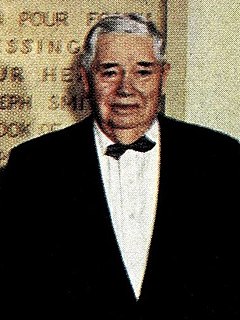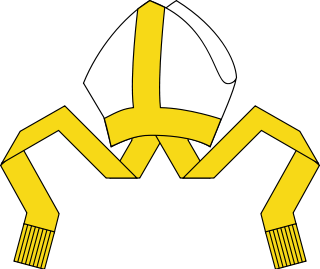A Quote by William Shakespeare
If our virtues did not go forth of us, it were all alike as if we had them not.
Related Quotes
Thyself and thy belongings
Are not thine own so proper, as to waste
Thyself upon thy virtues, they on thee.
Heaven doth with us as we with torches do,
Not light them for themselves; for if our virtues
Did not go forth of us 't were all alike
As if we had them not. Spirits are not finely touch'd
But to fine issues; nor Nature never lends
The smallest scruple of her excellence,
But, like a thrifty goddess, she determines
Herself the glory of a creditor -
Both thanks and use.
We put pride into everything like salt. We like to see that our good works are known. If our virtues are seen, we are pleased; if our faults are perceived, we are sad. I remark that in a great many people; if one says anything to them, it disturbs them, it annoys them. The saints were not like that - they were vexed if their virtues were known, and pleased that their imperfections should be seen.
You see that even the enemy did not dare to declare war against us till they had seized our generals, for they were sensible that, while we had commanders and yielded obedience to them, we were able to conquer them; but, having seized our commanders, they concluded that we should, from a want of command and discipline, be destroyed.
I am persuaded, from all the facts that have come to me, that it would have been possible, if we had functioned as the Lord intended us to function, if we had paid our tithes and our offerings as the Lord intended us to pay them, we might have gone on without one dollar from our federal government. And has it ever occurred to you what a mighty influence we should have exercised for good and for respect and for all of the virtues that we have been taught, and that God has commanded us to exercise and cultivate and practice, if we had just followed along what he has asked us to do?
Strength, Courage, Mastery, and Honor are the alpha virtues of men all over the world. They are the fundamental virtues of men because without them, no 'higher' virtues can be entertained. You need to be alive to philosophize. You can add to these virtues and you can create rules and moral codes to govern them, but if you remove them from the equation altogether you aren't just leaving behind the virtues that are specific to men, you are abandoning the virtues that make civilization possible.
The Louvre is the book in which we learn to read. We must not, however, be satisfied with retaining the beautiful formulas of our illustrious predecessors. Let us go forth to study beautiful nature, let us try to free our mids from them, let us strive to express ourselves according to our personal temperaments. Time and reflection, moreover, little by little modify our vision, and at last comprehension comes to us.
Maybe it’s not, in the end, the virtues of others that so wrenches our hearts as it is the sense of almost unbearably poignant recognition when we see them at their most base, in their sorrow and gluttony and foolishness. You need the virtues, too—some sort of virtues—but we don’t care about Emma Bovary or Anna Karenina or Raskolnikov because they’re good. We care about them because they’re not admirable, because they’re us, and because great writers have forgiven them for it.
I did not feel very patriotic. I did not feel proud of our country, seeing that we were bombing peasant villages, that we were not just hitting military targets, that children were being killed. We were terrorizing the North Vietnamese with our enormous Air Force. They had no Air Force at all. They were a little pitiful country and we were terrorizing them with our bombs. And no, I did not feel proud at all.




































